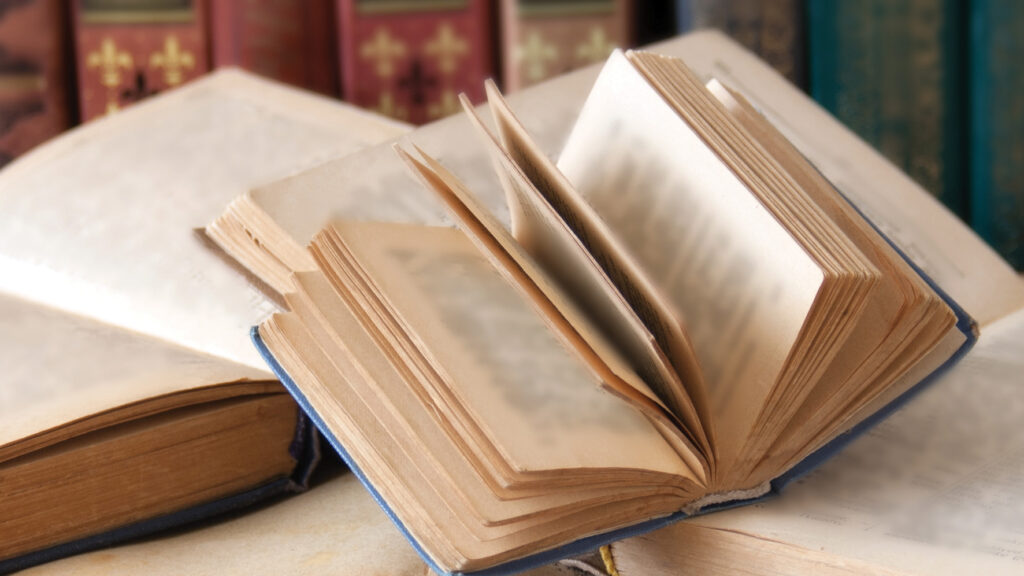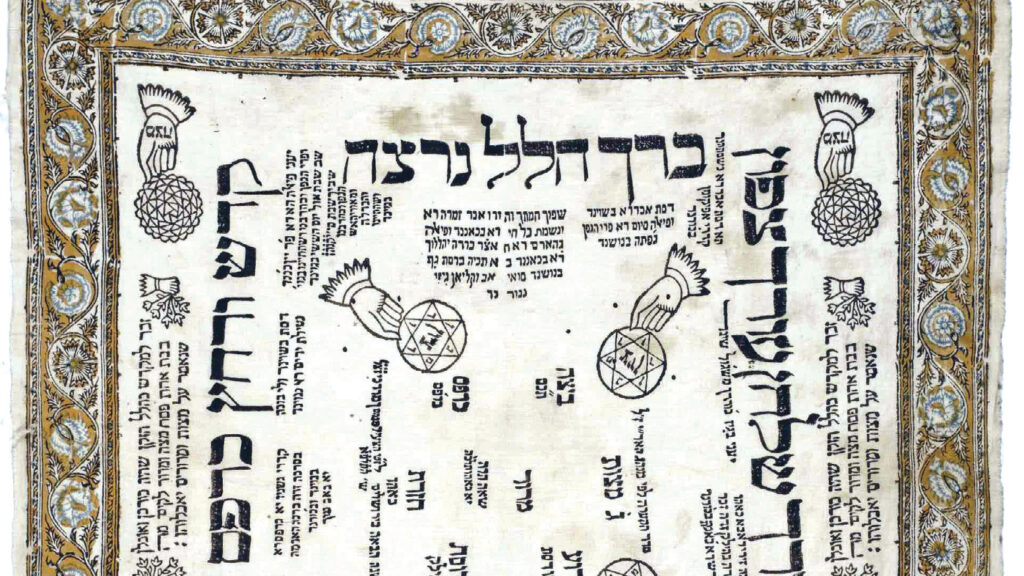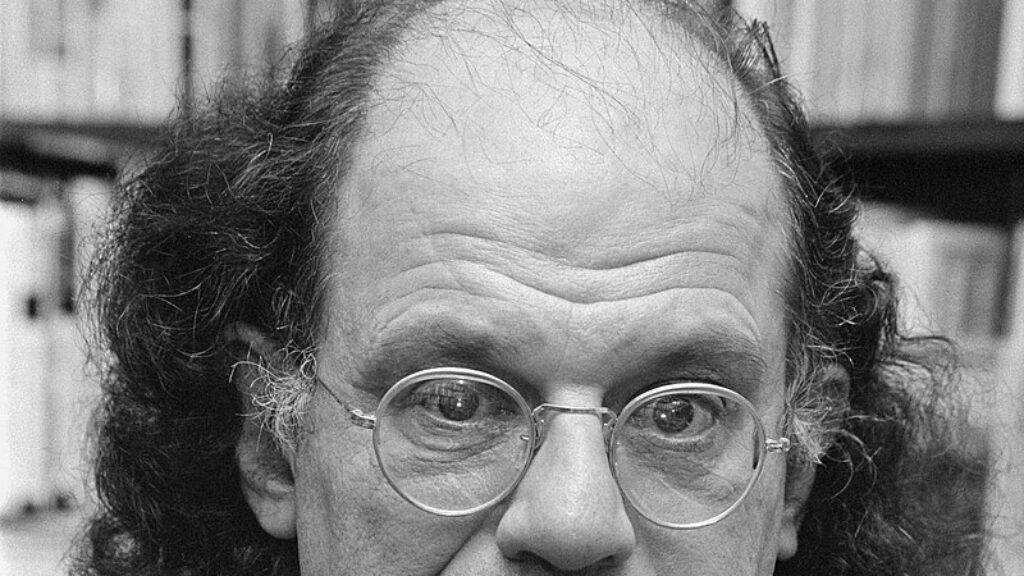Why Family History Matters
BY SAMUEL FIELDS
A couple with all of their possessions ran for dear life as the final call on the dock was made. Traveling to a port in Northern Europe was an arduous trek, but they made it. The woman is far along in her pregnancy, the man hoping to make enough money to send for his sisters, their husbands, and their children, so that they too can partake in freedom. After many days, they arrived in New York Harbor, passing the Statue of Liberty, as so many have done. It acts as a bastion of light and hope—hope that by immigrating, the greatest changes would come. This is a part of my story.
Stories are everything to us. They are how we catch up with people, and entertain or please others. They allow us to forge bonds and make connections. They are concepts that are not limited by any boundaries. And what is most fascinating about them? We all have one to share.
For a moment, think about the neighborhood you live in. From the shopkeeper down the block; to the businessman rushing home from work; to the student, drained from school; and even the people begging for help: they all have a story. It is a commonality that will never cease.
I suggest that the most valuable tale we can tell is that of our family history. How our family made it to where they are, what struggles and triumphs they endured; from the culture we inhabit to the jobs our parents have, the schools or camps we attend, or the subjects we like. This all boils down to the foundations of where we came from.
Firstly, let me tell you a little about my story. Maybe that will inspire you to want to share yours. The position of the Jewish people in Europe from the late nineteenth century through the Holocaust was multifaceted. Some enjoyed having professions such as tax collectors, bankers, and lawyers, while living assimilated lives. Others lived in shtetls which were plagued with pogroms. Year after year, humble villages would be ransacked with communities displaced or even destroyed.
That experience was what my family, the Dodells, faced. They lived in a humble shtetl called Toporov which was then in Poland, and now in Ukraine. My great-great-grandfather, Isak, set out with his wife to Vienna with the hopes of bringing his sisters and their families along later for a better life. Unfortunately this didn’t go as planned. When they arrived in Vienna, World War I was brewing and Isak was going to be drafted into the Austro-Hungarian army. That was not a fight he wanted to be a part of.
This is when they quickly packed up with their young son Morris and fled northward to take a ship to the New World. They knew that doing this wouldn’t be easy, especially because they had a little one on the way. After much toil, they finally made it to America.
Several years later, they had another child, Philip, who, thank God, still lives today at the age of 97. Morris and my great-grandmother Syliva z”l are no longer with us, but they merited to create amazing families and lives for themselves. Morris became the principal at a public elementary school in Brooklyn and developed a distinguished reputation. His daughter Sue-Ellen became a lawyer after graduating from Columbia Law School. She worked for the New York City government for almost 50 years, and she has been leading a class action suit against the city for the past several years. My great-grandmother Sylvia got married in the early 1940s and had two children, including my grandmother Barbara. Barbara went on to get married in 1965, teaching in Puerto Rico for two years while my grandfather David was attending dentistry school. They would go on to have four children, including my father, and thirteen grandchildren.
On my mother’s side, my grandmother is a fourth generation American, and my grandfather, Arthur z”l was a first generation American. He became one of the first doctors to be board-certified in both neurology and ophthalmology. He didn’t even have to graduate college to be accepted into medical school. His career was extremely successful treating patients from all walks of life, even the Lubavitcher Rebbe!
My grandmother Carol and my grandfather gave birth to two wonderful children: my aunt, Robyn, who is a neurologist, and my mom, Ellen, who has been a Conservative Rabbi for the past 26 years.
I wanted to share my story because I know everyone is unique. In America, especially amongst American Jews, we often share one underlying narrative: we were all immigrants fleeing persecution and terror. Arriving on the shores with uncertainty became our destiny. We live our lives because of those who came before, and it would be shameful to forget their plight. Our comfort is only possible because of what they suffered, endured, and overcame. As Pirkei Avot Chapter 3 Mishnah 1 teaches, “Know from where you came, (and) where you are going.”
When our children ask where we come from, it would be embarrassing to be dumbfounded. So, take a moment to research your family name, call your grandparents and ask your loved ones many questions. There may be much richness in the tale. Take genetic tests through Ancestry or other such sites. And the final step is to ensure all of your family history is documented so these stories never get lost in the folds of time.
Please remember that we are nothing without what has come before us. If we don’t hold onto our past, those lives would have been in vain. And don’t be afraid to share your stories with others. You may have just lit a spark in someone else’s brain to go forth and bring their family tale back to life.
Suggested Reading

Shining Our Light Unto the Nations Through Jewish Teachings
BY ADIN LINDEN Jewish history is rife with enemies, from the Egyptians to the descendants of Amalek, a lineage that is seen as the greatest enemy of the Jews and…

Between Separating Ourselves and Seeing Ourselves in Others
BY YAEL BURGESS EISENBERG When a gentile came before Hillel and said he would convert to Judaism if Hillel could teach him the entire Torah while standing on one foot,…

Fortifying the “Torah” in Torah u-madda: A Plea to Modern Orthodox Day Schools
In a deep look at his background and motivations, the picture of Jewish writer Allen Ginsberg becomes more clear to the observer. His difficult past and masterful mix of secular, religious, and kabbalistic, as well as various other, themes in his work came to a head in his poem "Kaddish", written to be an elegy for his mother.

Learning as Creation: The Power of Jewish Education
BY ZACHARY KROHN It is no secret that education is one of the highest values of Judaism, and one can give many reasons for why that is the case. Education…